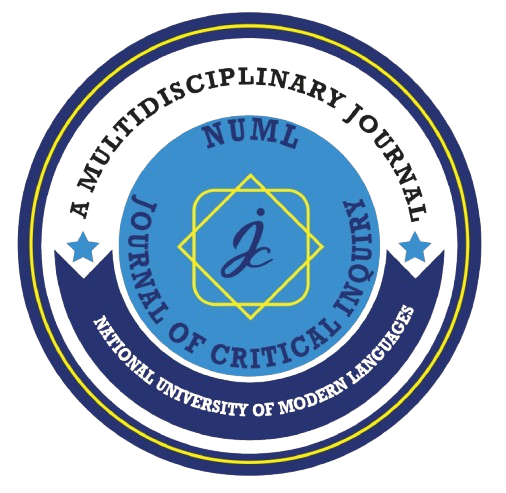Twelve theses on decolonizing history
Main Article Content
Abstract
In a novel historical context, as in the case of a revolution, the weight of history tends to be light on the generations that are there at the onset; they may be called “the inaugural generations”. On the other hand, it tends to be heavy on the generations that follow; let us call them “the after generations”. These two types of generations correspond to two different conceptions of the past, respectively: the past as a mission or a task, and the past as a treasure or a trophy. For the inaugural generations, the past is open and unfinished; for the after generations, it is closed and accomplished. The relative prevalence of these two types of generations determines the relative weight of history. History is as much about the past as it is about the present. The present is nothing more than the past in the process of presenting itself to us. Modern Eurocentric view of the world led to a global separation between two bodies of people: those who do not want to remember and those who cannot afford to forget. The latter are the people whose past and present was violently interrupted by Western domination. In consonance with the epistemologies of the South, this paper is written from the perspective of the people who cannot afford to forget.
Conflict of interest:
The author has declared no potential conflicts of interest with respect to the research, authorship, and/or publication of this article.






